Anthropology Professor Dale Simpson Jr. Hosts History Channel’s ‘Found’
September 7, 2017
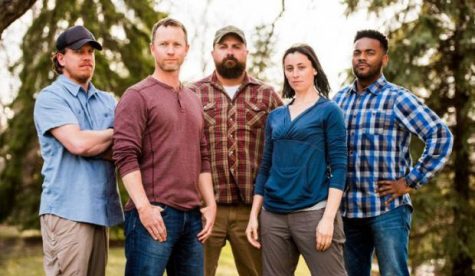
Although the History Channel’s new show ‘Found’ has completed its first season, all 10 episodes are available on the History Channel’s website, featuring COD adjunct anthropology professor Dale Simpson Jr. as one of the show’s five hosts.
The ‘Found’ experts investigate unusual artifacts discovered by people across America and, through carefully detailed study and research, deliver answers surrounding the artifact’s origin to the owner. The first season’s discoveries range from medieval scale armor uncovered in Arizona to a death mask found in a Kentucky coal mine—even a scarab stone which was believed to have been inscribed with a secret message in ancient Egypt.
COD’s Simpson was approached about hosting the show back in 2015, following the completion of a six-month-long field research trip on Rapa Nui—colloquially known as Easter Island—where he has been working and studying since 2001. His area of expertise is Pacific archaeology, which began at University of Auckland in 2006, and he is currently working toward a Ph.D. by publication through the University of Queensland in Brisbane, Australia.
Within a month of receiving an email from a friend including a description of the show, Simpson was filming the pilot episode in Florida. Five months later, he and the four other hosts had traveled across 10 states as they worked on the remainder of the season.
“The goal of the show is to protect the past,” Simpson said. “We don’t want to encourage looting; it’s for people who are never going to sell the artifact and want to know more about the meaning behind what their grandfather left them or what they are leaving to their kids.
Having taught over 2,000 students through online anthropology courses at COD, Simpson is hopeful ‘Found’ will inspire his students to follow in his footsteps.
“It’s for students who always want to know more. It’s a way to be critical about people and their pieces, learning how to turn observations into fact,” Simpson said. “We study history, museum pieces, we use geochemistry and carbon-14 dating.”
Simpson found himself interested in archaeology and anthropology at the University of Manitoba in 1997, but he also attributes this choice to his unique experiences during his childhood.
“My father was a Vietnam veteran and . . . always championed cultural relativity over ethnocentrism. My mother had just started her career as a genealogist, endlessly uncovering the trail of our ancestors,” said Simpson.
It was in Cub Scouts and Boy Scouts where his passion truly grew. His troop spent time at Native American pow-wows and even participated in a mammoth dig.
Reflecting on his youth, Simpson said, “I had many friends from different ethnicities, and I always questioned where their families originated and why they practiced certain cultural activities. I guess this is my gift of cultural curiosity.”
By hosting ‘Found’, Simpson hopes to share more information about Easter Island and its history, as well as Pacific and Polynesian culture.
While ‘Found’ is currently under deliberations concerning the possible filming of a second season, the 10-episode first season is available to stream for free on the History Channel’s website.



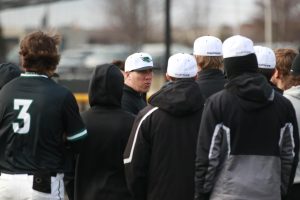
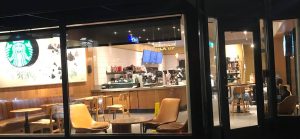

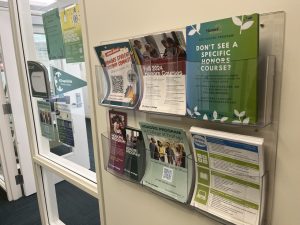



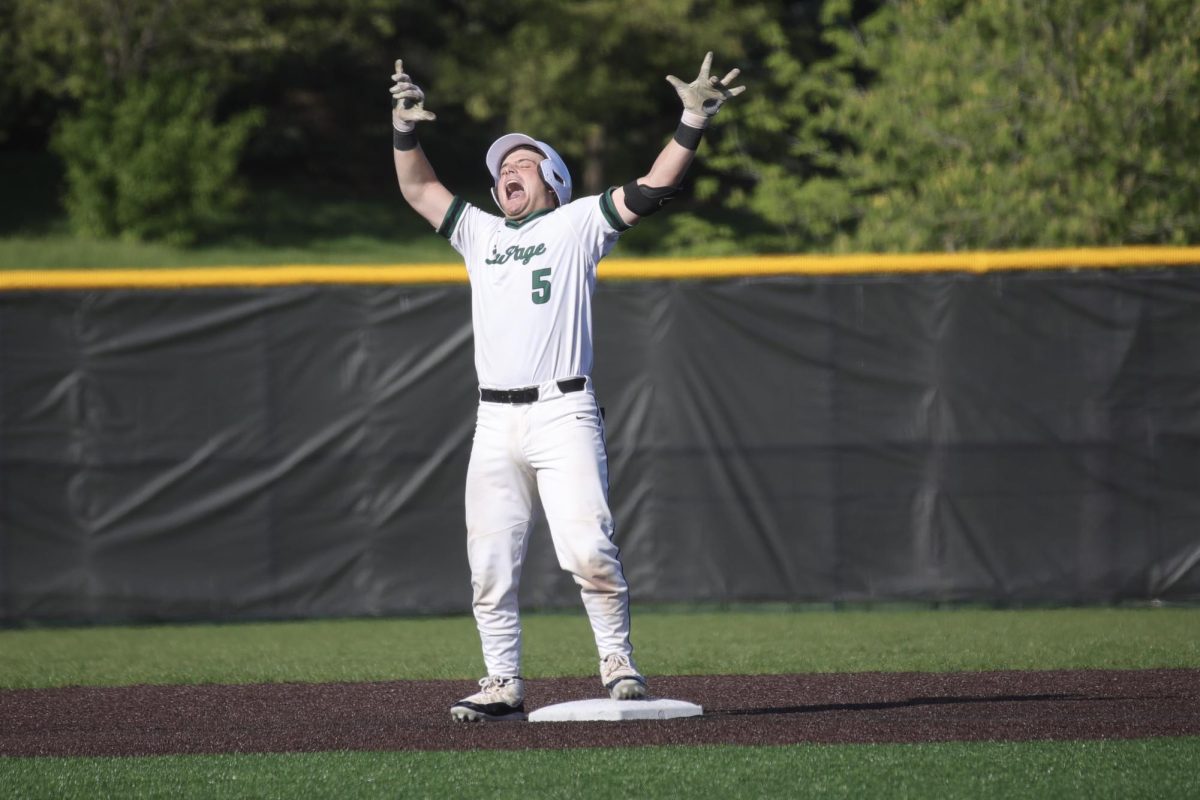
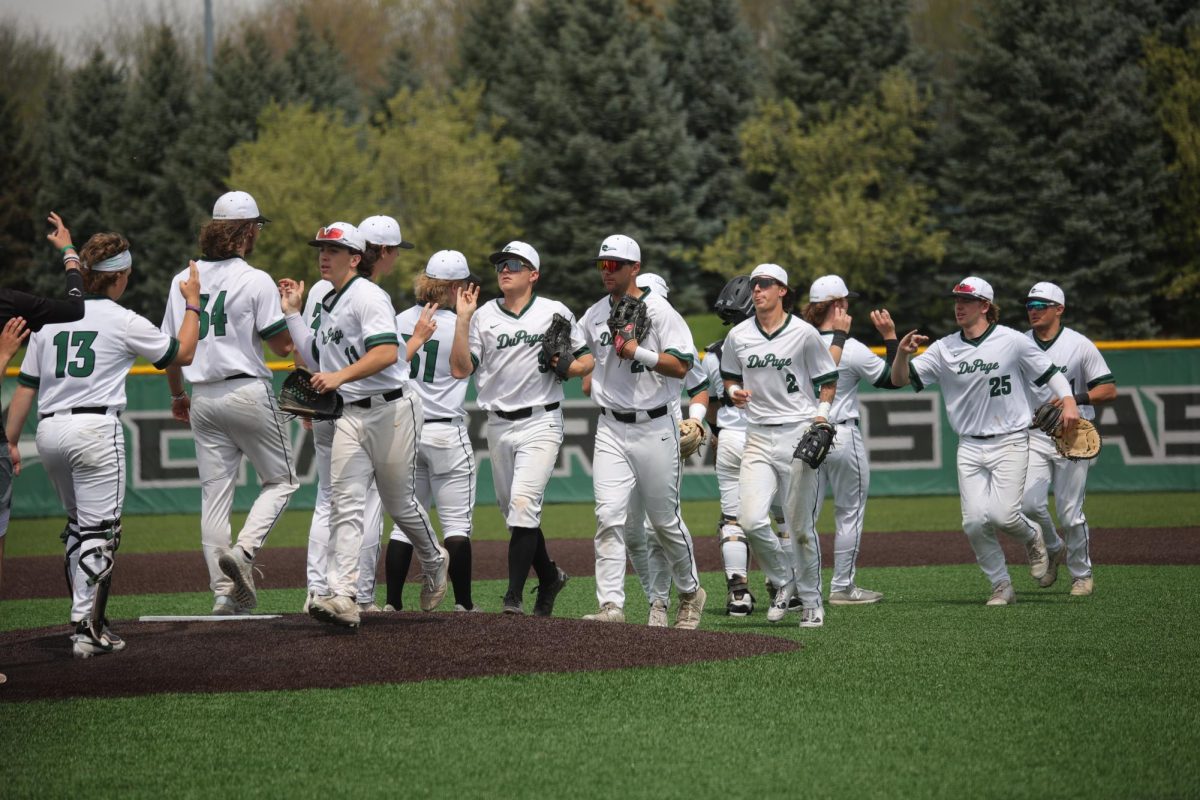
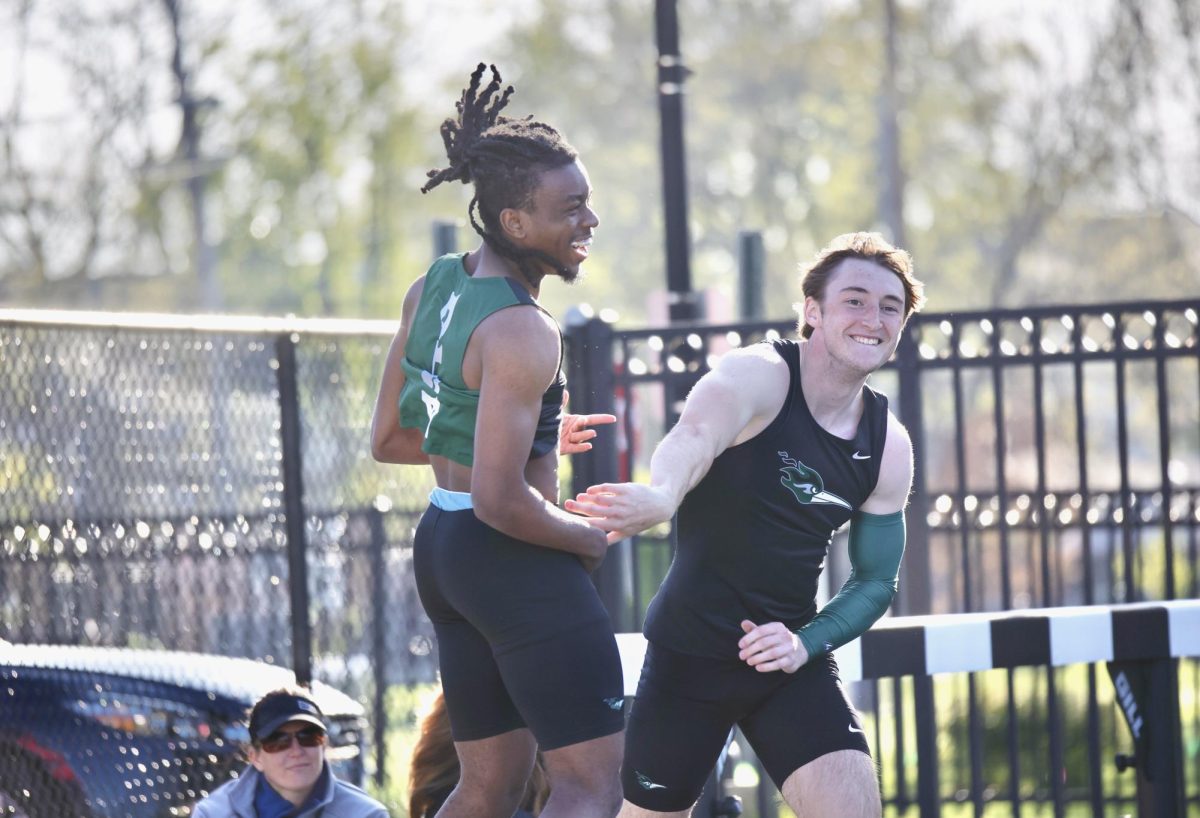
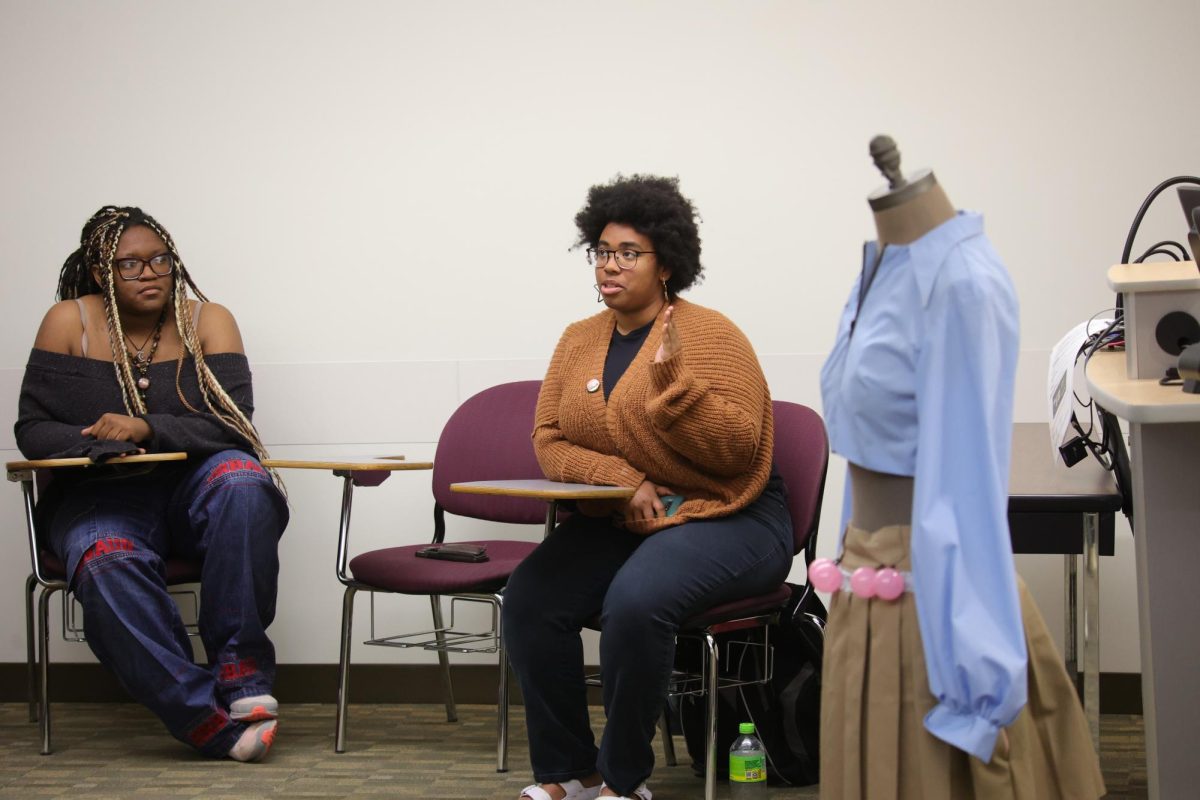
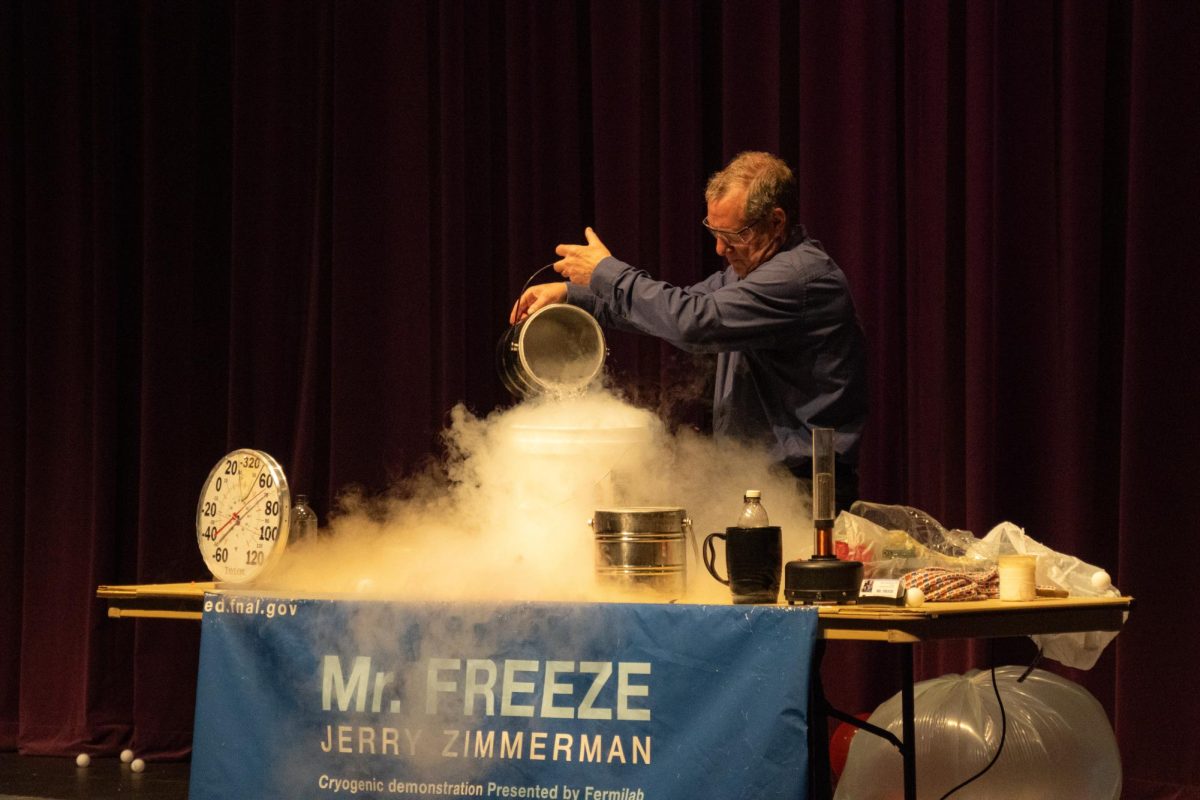
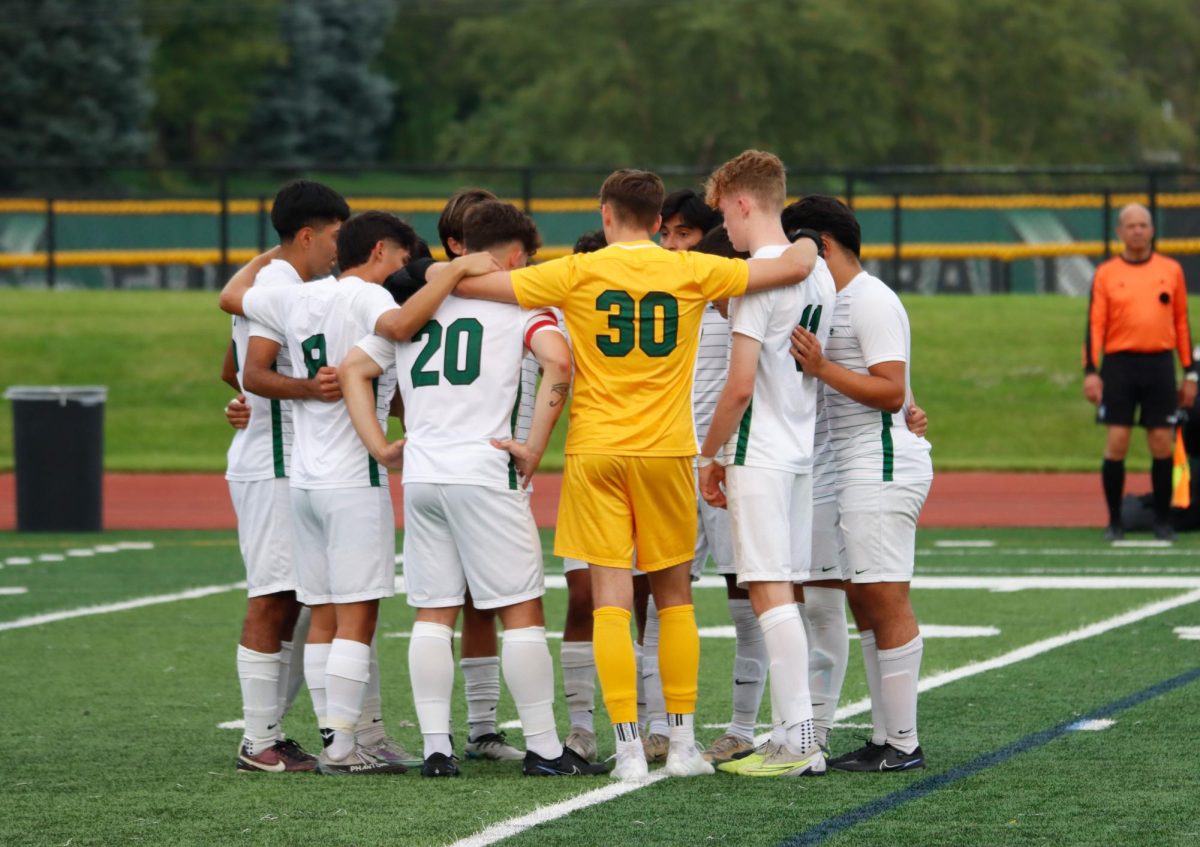
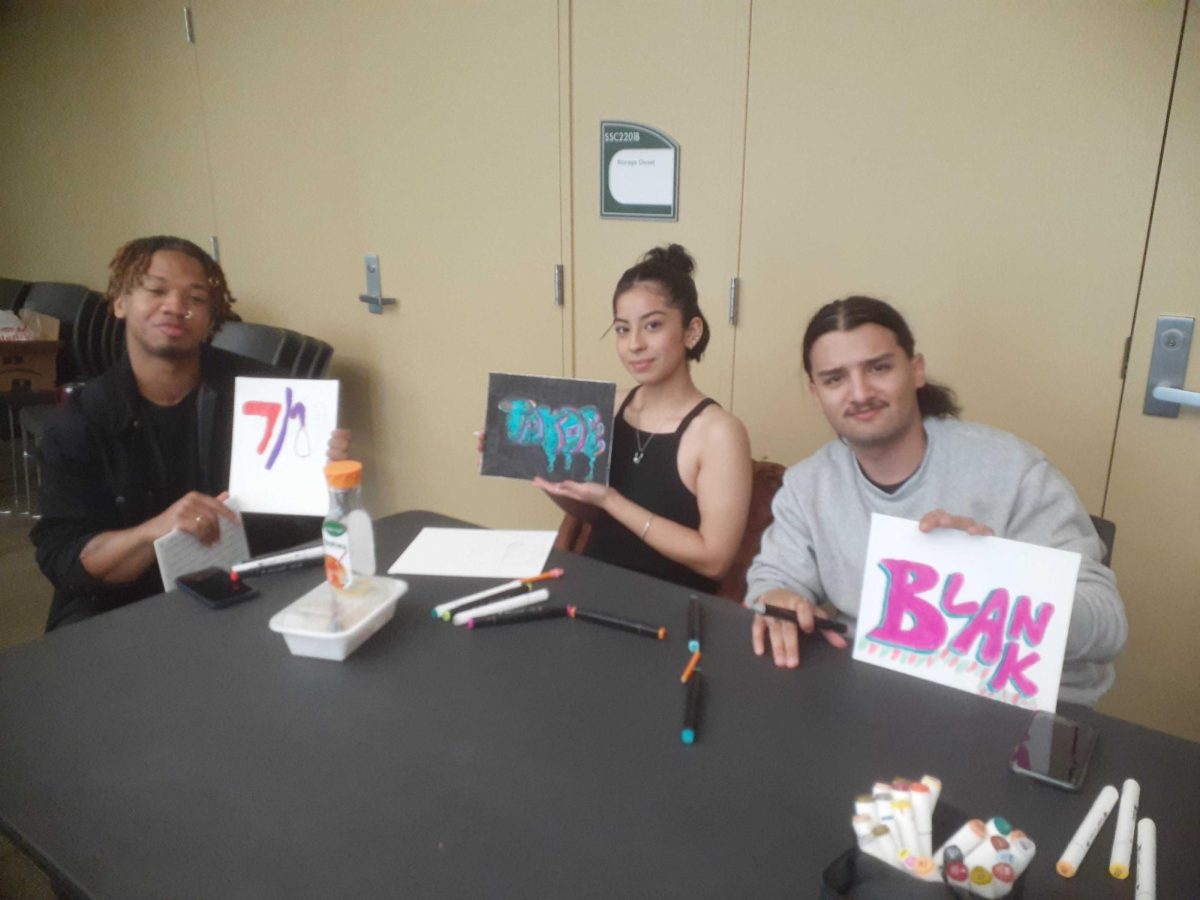
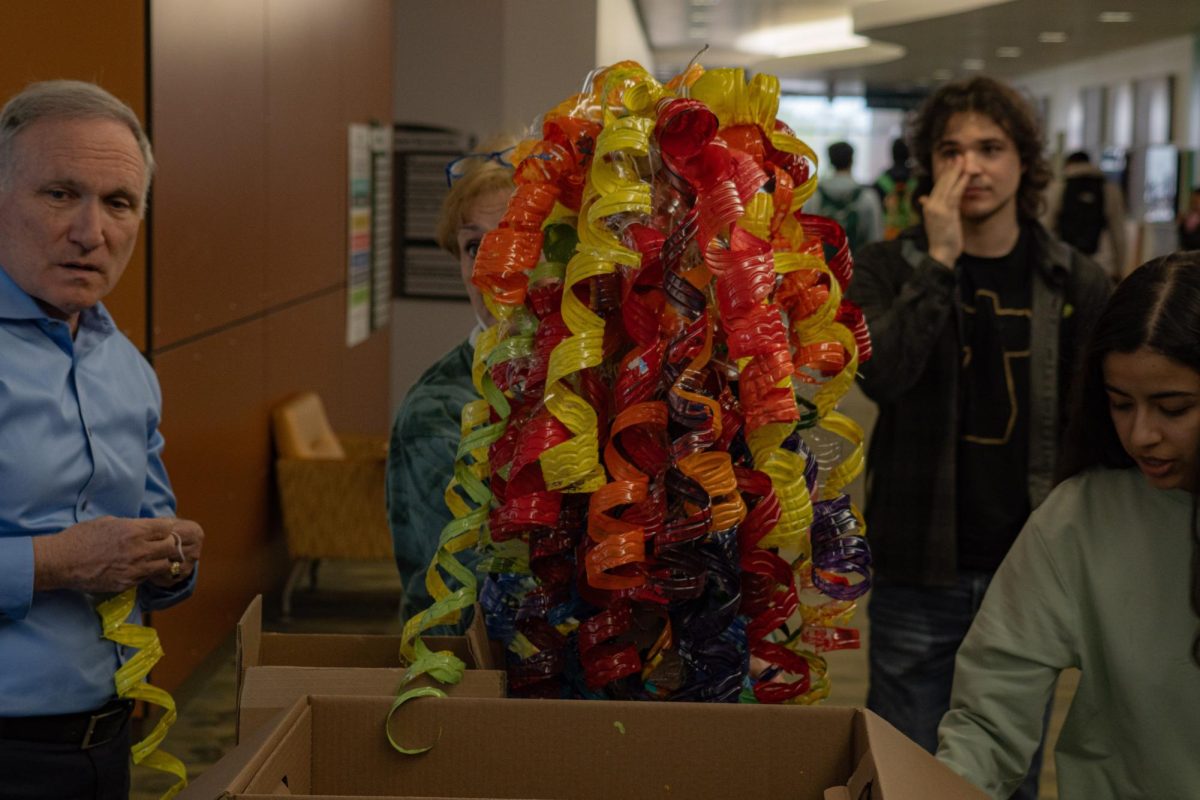
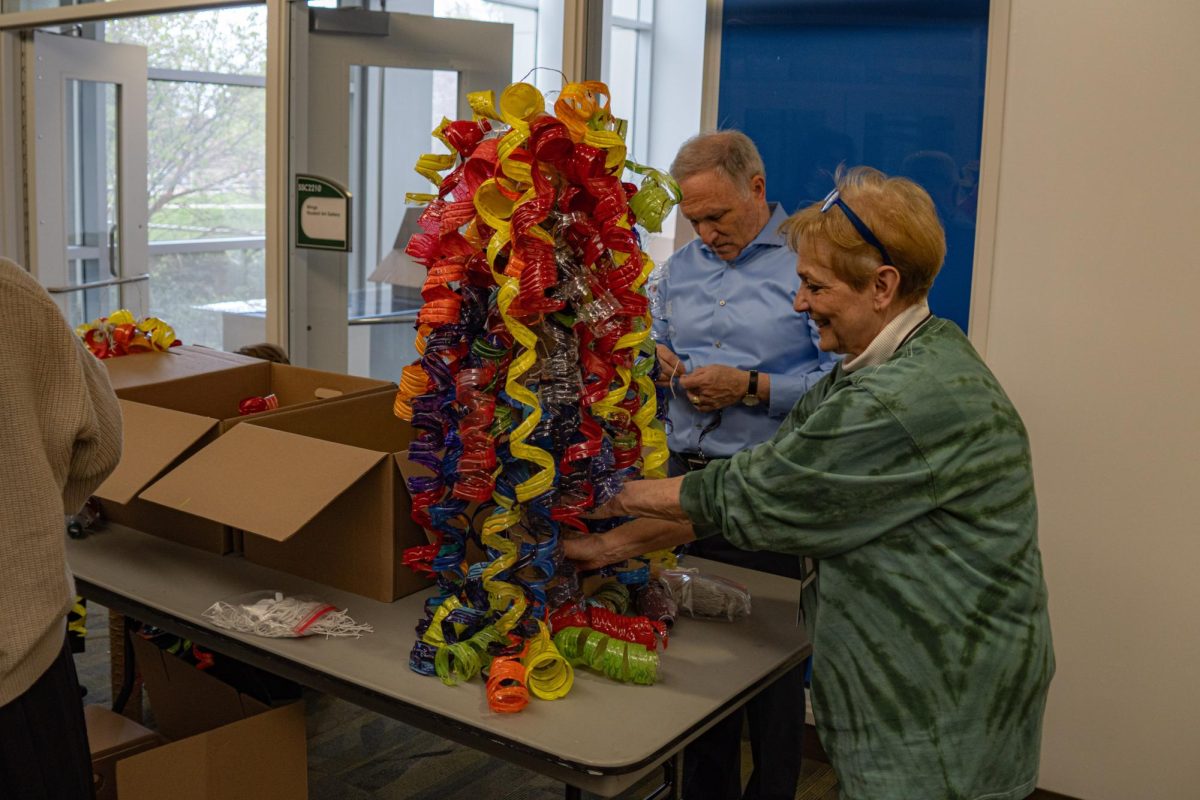
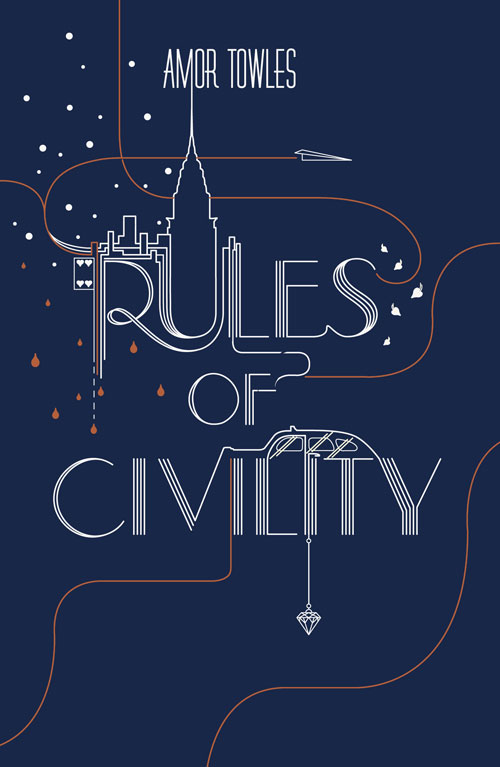
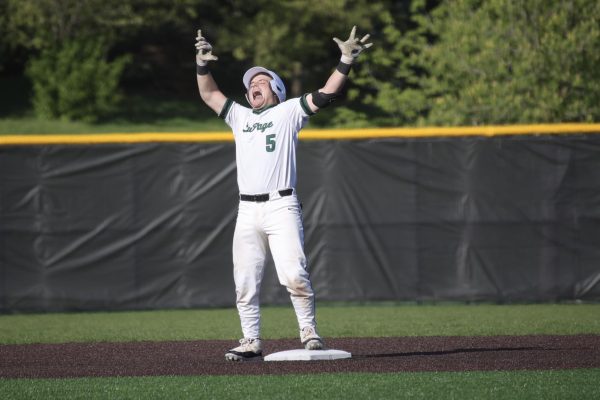
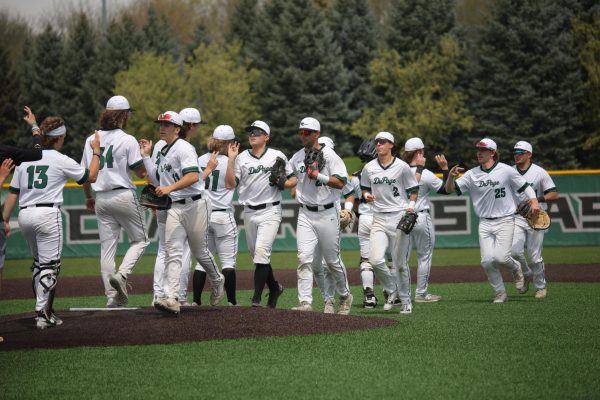
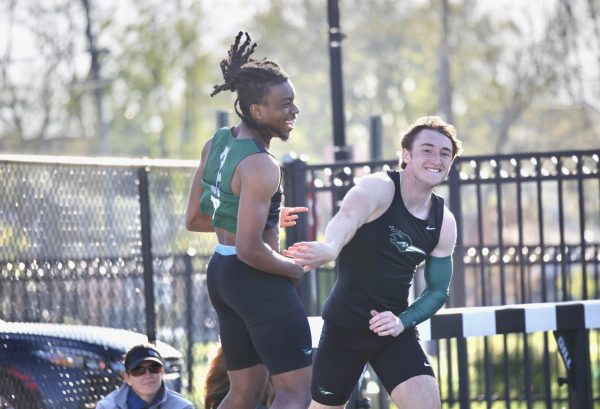
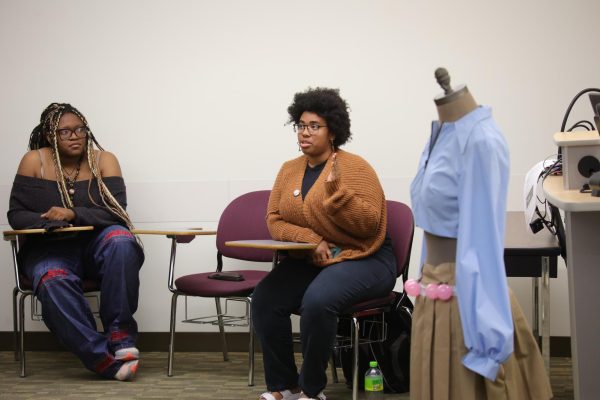
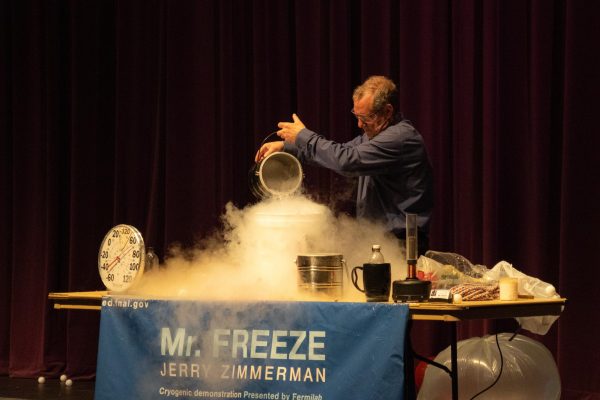
David Walker • Sep 16, 2017 at 10:06 am
Dale and team Found
Found is a great program. Interesting, positive, and educational. I vote for many more seasons.
The person that put team together did an awesome job. Looks like everyone is excited and having a great time.
Take care,
David
Dale F. Simpson Jr. • Sep 7, 2017 at 8:03 pm
Thank you the the Courier for the article about FOUND!
Just to clarify, my 2000 students have come from online, traditional, hybrid, and adult fast track sections.
Cheers,
dfsj